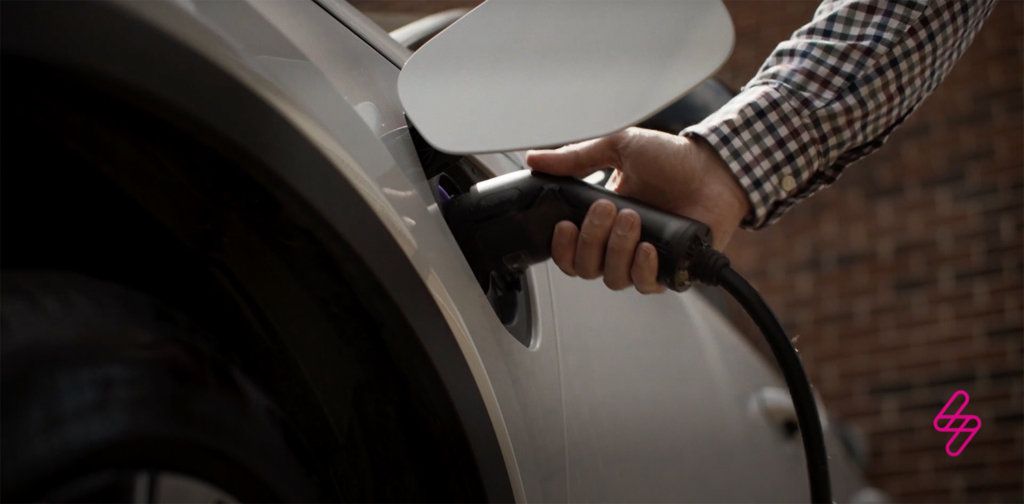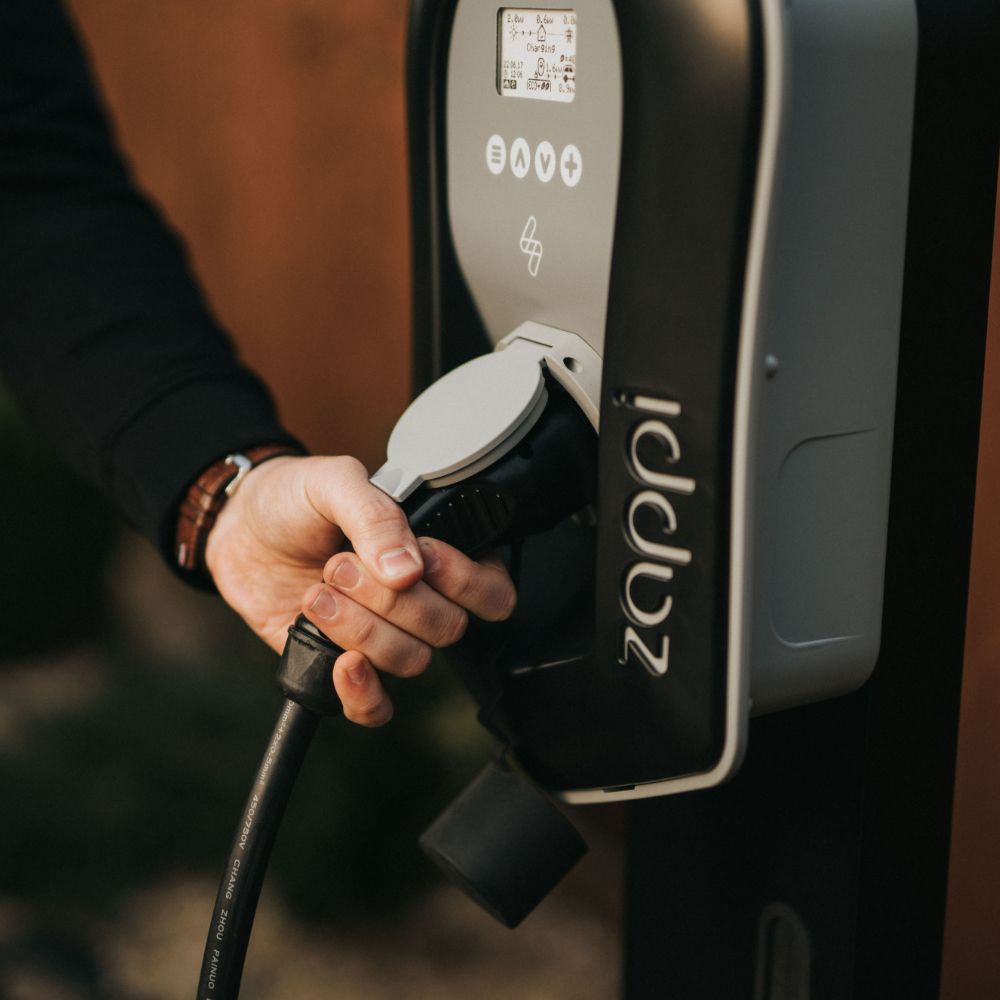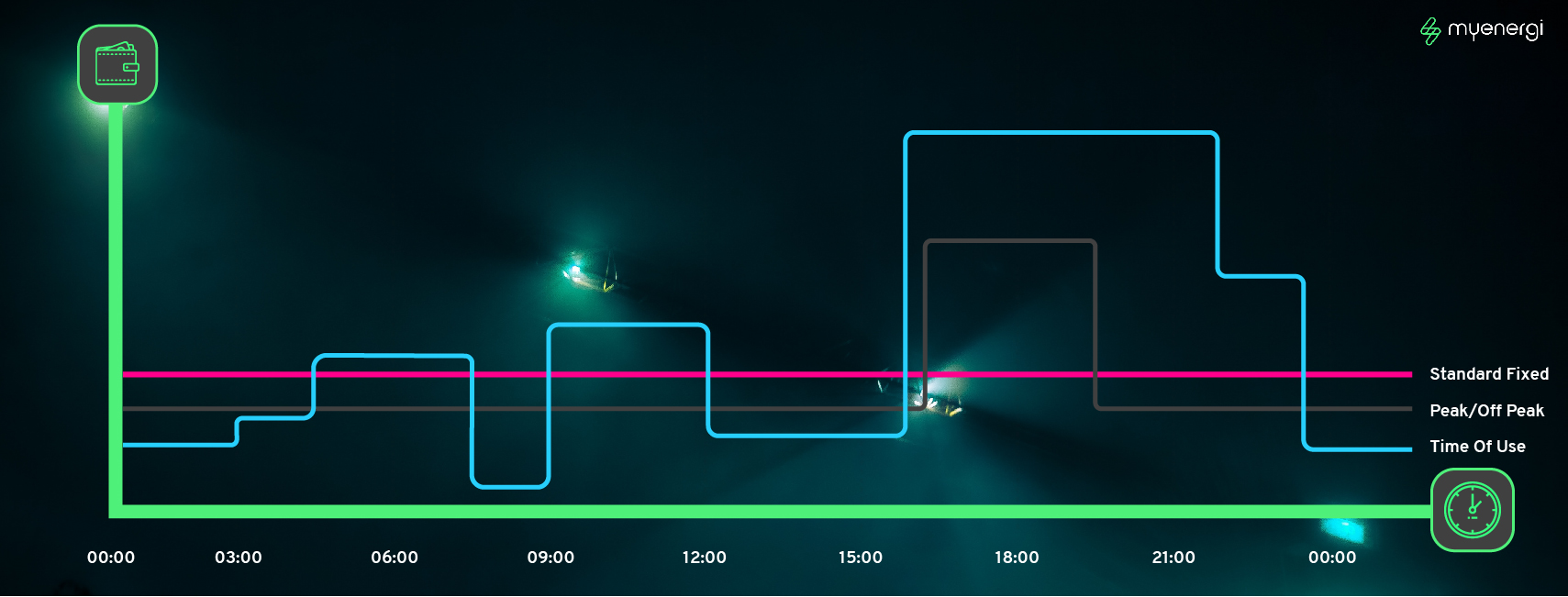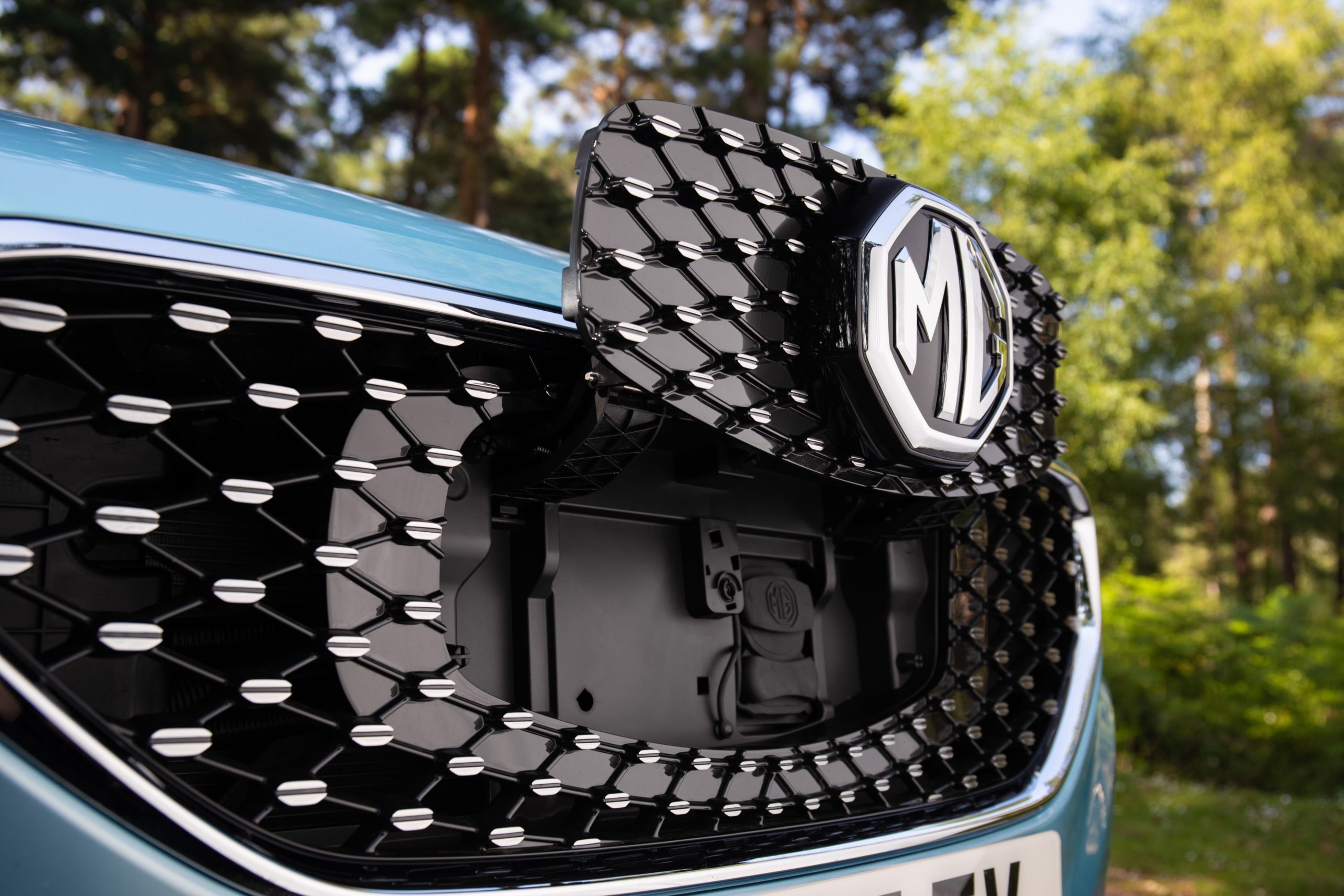In recent months, the rising energy costs have been hard to ignore. As the cost of gas and electricity skyrockets, some are finding it hard to budget. Luckily, those already with electric cars or looking to invest in one, can see a reduction in the cost of running an electric car in comparison to that of petrol or diesel.
What are energy prices rising to in Ireland?
Over the past year, households and businesses across the country have found that their energy bills have risen at an incredible rate. Electric Ireland has announced that it is increasing electricity prices by 23.9% for customers from 1 January 2023. This price increase comes into effect at the same time as the Energy Price Guarantee (EPG) rate for electricity changes to a discount of 13.6p/kWh (previously 19.9p/kWh).
This means that the typical credit meter and pay as you go customer will see bills rise by around €500 per year. Roughly 90,000 people across Ireland are supplied by Electric Ireland; who are currently the third largest energy provider. Which could put a large number of households struggling with budgets over the coming months.
Households in Northern Ireland are currently benefiting from the energy price cap which was put in place in November 2022.
What does the electricity price increase mean for electric vehicle owners?
As the cost of electricity rises, for owners of electric cars will find that their overall cost per mile increases.
However, the rising cost of fuel; petrol and diesel has increased at a more rapid rate. Data from Automotive found that electric vehicles are now more than half as expensive to run as petrol or diesel cars when charged at home on a dedicated energy tariff. Drivers charging at home on an electric vehicle (EV) tariff can save over 56% compared to petrol or diesel per mile.
What if I’m on an off-peak rate?
Many homeowners have signed up for tariffs that offer them with a lower rate during off-peak hours. This ensures that it costs less for homeowners to charge their vehicles at times when less energy is being used nationally – most typically overnight.
While certain providers are still offering lower off-peak tariffs, it is important to remember that they are often offset with higher daytime rates. So make sure that you are considering your usage to ensure that you are getting the best deal possible.
What if I charge my vehicle at work?
Typically, in Ireland the average price of domestic electric is 43.27c per kWh while commercial rates are considered to be more. This could suggest that depending on your workplace charging scheme, it might be better value to charge your electric vehicle at home.
Solar charging is saving customers on their energy bills
Those savvy consumers who have opt’d for solar or wind power generation at their homes or businesses can be benefiting from a huge discount in the cost of charging their electric cars. Beating the rising fuel costs and energy costs on both sides.
zappi car charger was the first to the market for solar and wind domestic charging which essentially allows you to charge your electric car for free*. Even without solar or wind generation, the zappi benefits from different charging modes which still makes running an EV charger than a petrol or diesel car.
What can you do to reduce your charging costs?
There are a number of additional steps which you can take to making EV ownership even more cost effective:
Ultalise eco charging
While fast charging points can be far more convenient, they do require a lot more electricity. Switching to a slow or eco charge will reduce the amount of electricity that you use, lowering your energy bills in the process. The zappi for example, has three charging modes; with eco charging benefitting from the ability to charge over a long period of time when electricity rates are at their lowest.
Utilise free charging points
While the majority of public charging points are having to increase their prices, some businesses, such as supermarkets, do still offer free charging for customers. These often come with certain restrictions though so make sure you know what these are before plugging in. This is an option which is only available to EV owners, petrol and diesel cars cannot ever be refuelled for free.
Install a solar charger
To combat rising energy costs, many homeowners are switching to renewable energy, and solar power is one of the most effective. Here at myenergi, our mission is to help homeowners just like you to make the switch.
zappi is the world’s first solar EV charger, so if you want to find out how we can help you, get in touch today!

 libbi
libbi






